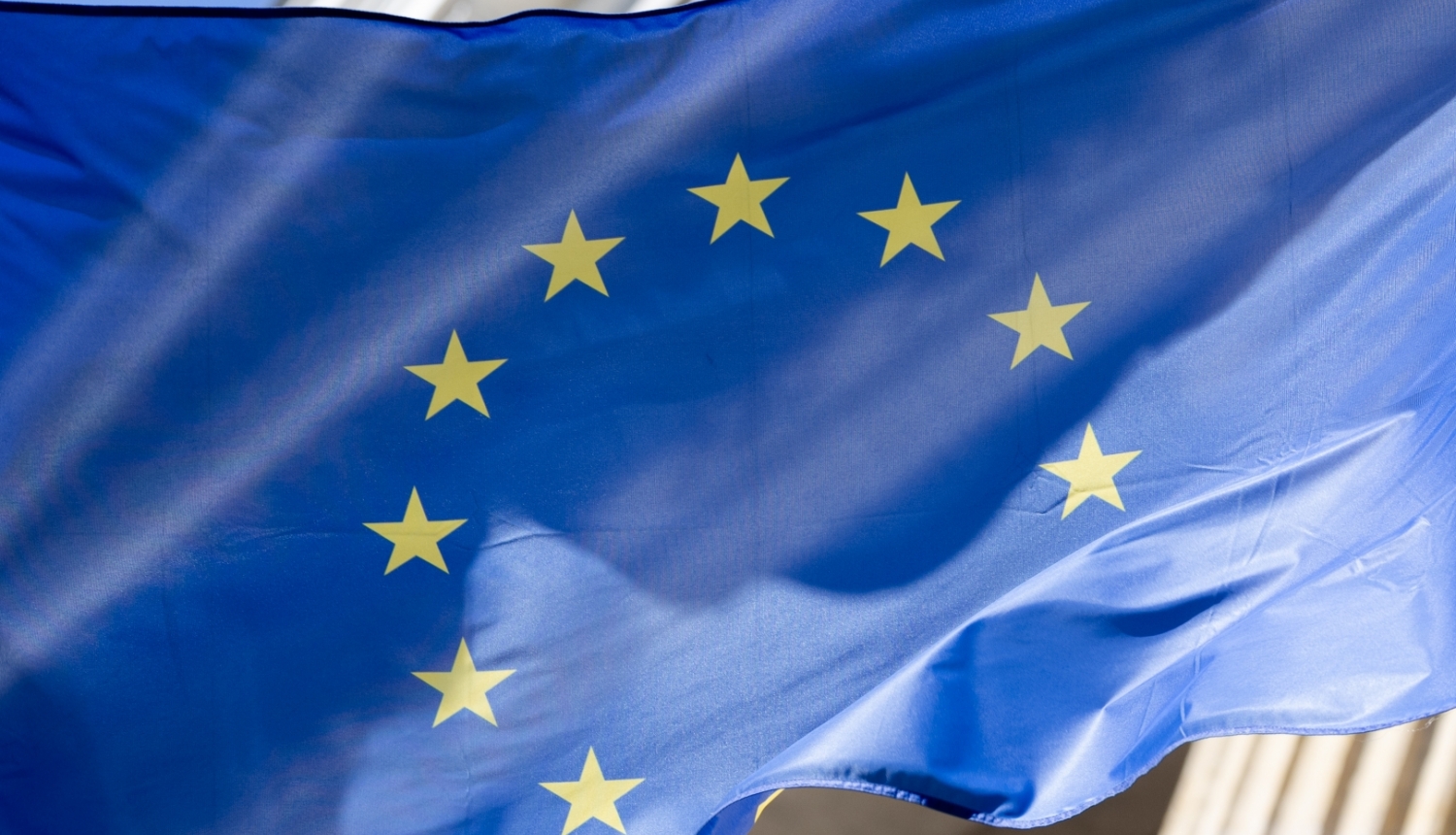On 25 February 2025, in Brussels, Belgium, the Parliamentary Secretary of the Ministry of Foreign Affairs, Dace Melbārde, will take part in a meeting of the General Affairs Council of the European Union. Items on its agenda: preparations for the European Council on 20-21 March, which is expected to hold discussions on the Russian war against Ukraine, the Middle East, the EU Multiannual Financial Framework, competitiveness, migration, multilateral cooperation, as well as sustainable management of oceans.
The meeting will be opened with a moment of silence to mark three years since Russia has been waging its brutal war of aggression in Ukraine.
The General Affairs Council will exchange views on the European Commission’s work programme for 2025, “Moving forward together: a bolder, simpler, faster Union”. An informal discussion is also on the future of Europe and the adjustment of EU policies to prepares for the accession of new member states.
The General Affairs Council deals with matters affecting more than one EU policy, such as negotiations on EU enlargement, preparations for the meeting of the European Council, development of the EU’s multiannual budget, as well as the rule of law, institutional and administrative matters.
Further information
- The European Commission Work Programme 2025 published on 11 February 2025 defines three main themes: (1) a targeted course to a stronger and more united Europe; (2) simplifying rules and effective implementation; (3) steps towards Europe’s strength and unity; and six priority lines of action.
- Latvia has set the following priorities for the current and subsequent years: (1) continued support to Ukraine; (2) strengthening EU security and defence; (3) internal security and resistance to hybrid threats; (4) contributing to the resilience of economy and the Single Market and to the EU’s competitiveness; (5) agriculture and food production; (6) people’s well-being; (7) the EU energy independence and security; (8) meeting climate objectives by aligning them with strengthening competitiveness and security needs; (9) preparations for the EU enlargement process.




